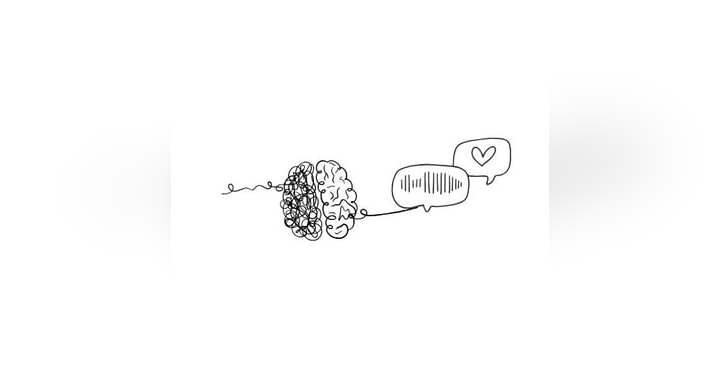Nurturing Self-Care Habits in Children: An Age-Specific Guide
Self-care—the art of nurturing our own mental and physical well-being—isn’t a pursuit limited to adults. Just as we need moments to rest, rejuvenate, and refocus, so do our children. When we guide them towards age-appropriate self-care activities, we're truly setting them on an empowering journey, one that leads to lifelong mental wellness, coping strategies, and a flourishing relationship with themselves.
In our discussion today, we journey through self-care activities suited to children across varying age groups. We'll explore the beauty of creative play, the tranquility found in relaxation practices, the joy of nature-time, the energy in physical activities, and the importance of a balanced diet.
The Crucial Role of Self-Care in Children's Lives
Self-care serves several essential roles in shaping our children's mental health and overall well-being.
-
Stress Reduction: Self-care activities bestow upon children the power to manage their stress, mitigating the potential onset of mental health concerns.
-
Emotional Regulation: When children practice self-care, they build emotional awareness and cultivate healthy coping mechanisms.
-
Creating Resilience: Engaging in self-care activities emboldens children to navigate life's challenges with strength, building an inherent resilience.
-
Healthy Habit Formation: Integrating self-care into a child’s routine from an early age sets the stage for a lifetime of good habits and self-awareness.
Exploring Age-Appropriate Self-Care Practices for Children
Fostering Creative Play
Creative play is a multifaceted self-care gem for children; it provides them a canvas to lay down their thoughts and feelings while nurturing problem-solving skills. Encourage age-appropriate creative play with activities such as:
- Drawing or painting
- Exploring their creativity through clay or play-dough
- Building their imagination with blocks or Legos
- Pretend play—dressing up, role-playing, and expanding their world
Finding Calm with Relaxation Techniques
Relaxation techniques prepare children to manage stress, equipping them with healthy coping strategies. Some age-appropriate relaxation techniques include the following:
- Deep breathing exercises
- Progressive muscle relaxation
- Visualization or guided imagery
- Mindfulness meditation
Reconnecting with Nature
The outdoors hold a treasure trove of mental health benefits for our little ones, from stress reduction to mood lifting to sparking creativity. Age-appropriate nature activities might include:
- Walking or hiking in nature
- Playing at the local park
- Hands-on gardening or flower planting
- Wildlife sanctuary exploration or learning about nature trails
Embracing Physical Activities
Regular physical exercise is integral to a child's overall well-being and mental health. It aids in stress reduction, mood improvement, and better sleep. Encourage age-appropriate physical activities such as:
- Engaging in sports or organized physical activities
- Dancing or enrolling in dance classes
- Savoring the joy of a bike or scooter ride
- Swimming or playful water activities
Promoting a Balanced Diet
A balanced diet is the cornerstone of both mental and physical health in children. Nutritious meals support brain development, improve mood, and foster overall well-being. Encourage your children to maintain a balanced diet by:
- Eating varied foods: fruits, vegetables, whole grains, and lean proteins
- Limiting sugar-laden snacks and processed foods
- Inviting them into meal planning and preparation
- Educating about the important connection between nutrition, mental, and physical health
Cultivating the Love for Self-Care in Children
Remember, our children look to us as their compass; they learn through our actions and the habits we uphold.
- Be the role model. Children learn by seeing. As parents, we must model healthy self-care habits in our everyday lives.
- Prioritize Self-Care: Like any vital appointment, schedule regular self-care activities for your children, ensuring they have the time and resources to partake in these routines.
- Support Their Curiosity: Allow your child the freedom to explore diverse self-care activities, helping them find what resonates with their unique needs.
- Cheer Them On: Be the cheerleader for your child’s self-care journey, providing ongoing support, celebrating their milestones, and nurturing their endeavors.
Conclusion
Guiding children towards age-appropriate self-care activities is integral to fostering their mental health and overall well-being. As we engage them in creative play, introduce relaxation techniques, facilitate interaction with nature, enable physical activities, and advocate the importance of a balanced diet, we’re setting them up with coping strategies and healthy habits that will serve them for a lifetime.
Remember, the journey towards prioritizing self-care and mental wellness for your little ones can never start too early.












